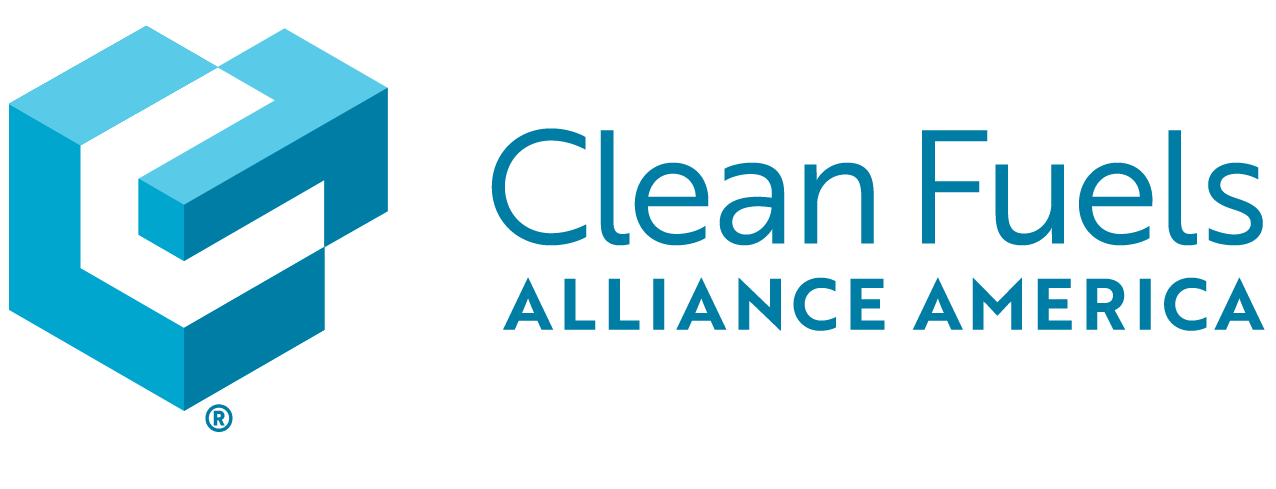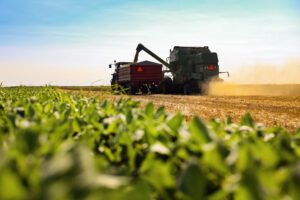By Veronica Bradley, Director of Environmental Science, Clean Fuels Alliance America
Published in SAF Magazine Issue 2
Scientists across the world agree that to avoid the most catastrophic impacts of climate change, we must peak annual global greenhouse gas emissions before 2025 and reduce them by 43% by 2030. We also know that until net-zero emissions can be achieved, every ton of CO2 emitted to our atmosphere adds to the global warming potential, contributing to the severe weather events we’ve experienced in recent years. If a company delays reducing its annual emissions by just one ton of carbon for five years, it will need to reduce annual emissions by over 13 tons to make up for lost time.
The fundamental science underlying this time value of carbon concept is well understood. That’s one reason major transportation sector players, including commercial airlines and air freight and logistics companies, have publicly committed to reducing their annual emissions or even to achieving net-zero corporate emissions. The clean fuels industry stands ready to support these corporate commitments.
However, carbon accounting methods are still being developed for companies to inventory the impacts of carbon reduction measures like fuel switching, and track their progress to their net-zero goals. The Greenhouse Gas Protocol began revising its Corporate Standard in 2022, but recently pushed back the release of its Land Sector and Removals Guidance to mid-2024. The Science-Based Targets Initiative correspondingly changed the finalization of its Forest, Land and Agriculture Guidance.
These standards and guidance documents are part of a larger package of corporate greenhouse gas quantification principles companies are meant to rely on to prove to stakeholders they are on track to decarbonize and mitigate climate risks. But some draft versions and proposed changes are untenable for the corporate world, especially in consideration of our urgent need to increasingly remove carbon from the atmosphere.
Clean fuel producers, including producers of sustainable aviation fuel, know their fuels are less carbon intensive than their petroleum-derived counterparts, helping to avoid that extra ton of carbon. But, quantifying that carbon intensity, and capturing all the carbon in the results, depends on the programmatic framework, whether it is California’s Low Carbon Fuel Standard, the International Civil Aviation Organization’s Carbon Offsetting and Reduction Scheme for International Aviation, or something else.
SAF producers aim to provide their customers with the right data on the well-to-wheels emissions of their fuels. But SAF producer knowledge is framed around their product, while their customers’ ledgers are focused on their actions and account for the element of time.
Clean Fuels Alliance America has begun the process of reconciling these corporate standards and guidances, including the sustainability certification schemes for CORSIA-eligible fuels and important market-based mechanisms like book-and-claim that socialize SAF premiums while attributing environmental benefits to supply chain partners. Our hope is to guide this clean fuel-focused community to a more streamlined process of quantifying and accurately accounting for the high-quality carbon emissions benefits that SAF offers. As a trade association, we represent the entire supply chain from feedstock production to fuel production and distribution. We are particularly well-positioned to support our fuel producers as they work with their customers to mitigate climate change.
We are one pellet in a silver buckshot to decarbonize aviation as well as other transportation sectors, but we aim to do so in a scientifically robust and practically implementable fashion. And we hope you’ll join us in counting and tracking all the carbon to eke out every incremental benefit SAF has to offer.
ABOUT CLEAN FUELS ALLIANCE AMERICA
Made from an increasingly diverse mix of resources such as recycled cooking oil, soybean oil, and animal fats, the clean fuels industry is a proven, integral part of America’s clean energy future. Clean Fuels Alliance America is the U.S. trade association representing the entire biodiesel, renewable diesel and sustainable aviation fuel supply chain, including producers, feedstock suppliers and fuel distributors. Clean Fuels receives funding from a broad mix of private companies and associations, including the United Soybean Board and state checkoff organizations.




